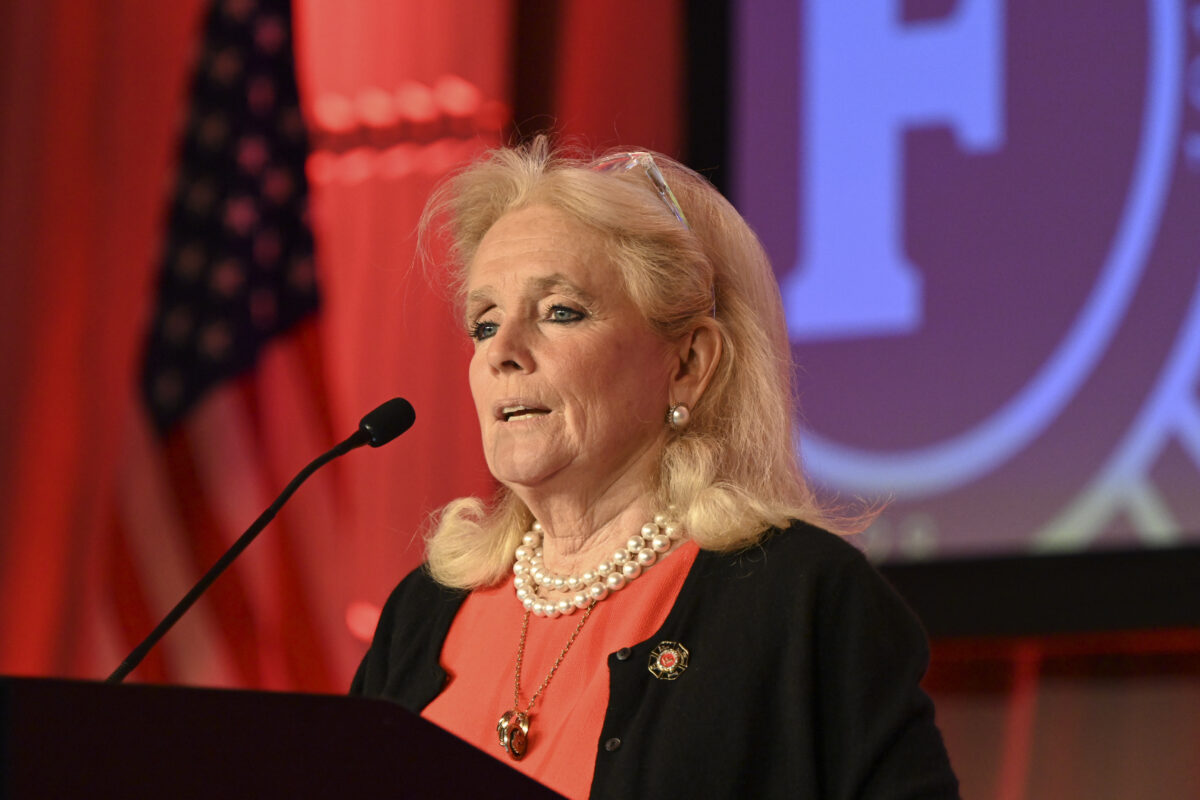
Political Action
Most fire fighters didn’t sign up for the job to be involved in politics. But, every decision made about our work – safety, pay and benefits, union rights, retirement security, and more – is made by someone who was elected or appointed by someone elected. Politics is a tool that we have to use to build power.
There are many ways you can engage in politics and campaigns to shift from a side player to a respected political leader. Having political knowledge and skills will make your support a must-have for local elected officials and give you more access to those decision-makers.
Introduction to Electoral Campaigns
You should care about electoral campaigns because everyone who makes decisions about our profession is an elected official or answers to one. Electoral campaigns are your toolkit for getting things done within your local government.
Campaigns are different from politics or lobbying. Campaigns allow you to spend time communicating with voters to inform them of your issue and why they should care. There are a variety of ways to engage with voters, e.g., in person, digitally through social media and ads, mailers, TV, radio, text, phone, op-eds.
It’s important to remember not everyone votes. It’s also important to know that everyone may not care about your issue or candidate or think it is the most important. If you do not actively engage with registered voters, many may not vote for you or vote against you without knowing why. Campaigns are focused on changing how those people vote in elections.
It is your job to inform the voter of how the issue and/or candidate being elected affects them. The underlying principle is simple: you must sway more voters to your side than your opponent does. And once you’ve persuaded them, you must plan a path to ensure the voter goes out for you or your issue.
Campaign Resources
Communicating about your issue or candidate, persuading voters and creating plans of action all require a lot of time, money and worker time. Working on campaigns is a practice in resource management. Building a campaign is an exercise of managing three resources: Time, People, and Money.
You may not have an abundance of all three resources. For example, you might have plenty of local members willing to volunteer and sufficient funds to run the campaign. However, you still need to be strategic about where and how you spend time in order to make sure you are using the available people and money to the best of your campaign’s ability.
There is only so much time you have until election day. Make sure you make the most of it and use a calendar to track all events, finance report deadlines, etc.
People are a great resource if they are properly trained and organized. Your volunteers will be the ones speaking with voters and carrying your message.
Money is vital. Having a good budget and sticking to it is of utmost importance. Make sure whatever money you spend is directly going towards communicating and encouraging voters to go out for you.
Best Practices
Once you have your team and plan in place, make sure to stay consistent yet flexible. Goals or metrics may change but your written campaign plan will guide you through the campaign.
There are four main steps in an electoral campaign:
- Research: This may include candidate/issue research, election rules, past election results, past election costs, etc. You’ll use your research to formulate messaging about your campaign and to write your plan.
- Plan: You and your team should be organized and have a written campaign plan. The written campaign plan should include a campaign calendar; a fundraising plan, a budget, a communication plan to include earned, social and digital media; and a field and canvassing plan.
- Gather Resources: Your resources are time, people and money. You only have so many days until your election (time), but you can inspire more people and fundraise more money to increase your campaign’s impact.
- Deploy Resources: This is where you start putting your campaign plan into action to influence voters.
Running a Local Ballot Measure
A ballot measure is a law, question or issue to be approved or rejected by voters. Ballot measures can also be referred to as propositions, questions, referendums, amendments and initiatives.
Proposition
Amendment
Referendum
Initiative
Independent Expenditures
An independent expenditure campaign or IE campaign is a political campaign that is not made in cooperation or consultation with the candidate or issue you support or oppose. IEs are not contributions to a campaign or issue. Your ability to lead an IE depends on your local or state’s municipal campaign finance laws. Not every jurisdiction permits an IE campaign.
Before you start an IE, evaluate what resources your local has to give to the existing candidate or issue campaign. For example, if your local does not have a lot of money but plenty of eager volunteers, it might be best and more efficient to send your members to the existing campaign. If you have a lot of money and a specific message that will assist your specific objective, then starting an IE may be best.
There are several requirements that you must meet to ensure you are legally compliant to run an IE campaign. You should meet with a lawyer before starting an IE campaign to make sure you meet all requirements and are doing everything lawfully.
Political Referendum Operations Partnership (PROP)
The purpose of the Political Referendum Operations Partnership (PROP) Fund is to provide interest-free loans to assist state or provincial associations and local affiliates in campaigns related to referenda, ballot initiatives and constitutional/charter amendments.
Campaign Guides
The IAFF wants you to succeed and has provided you with guides to get your campaign started. Please note that one size does not fit all; however, regardless of the scale or duration of a campaign, the core principles will always apply.